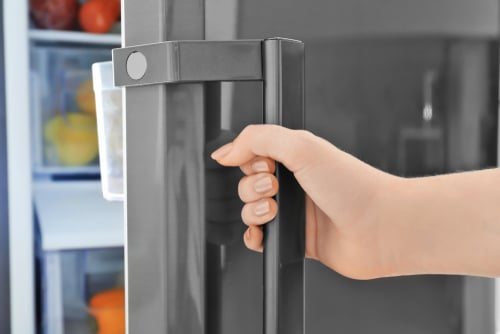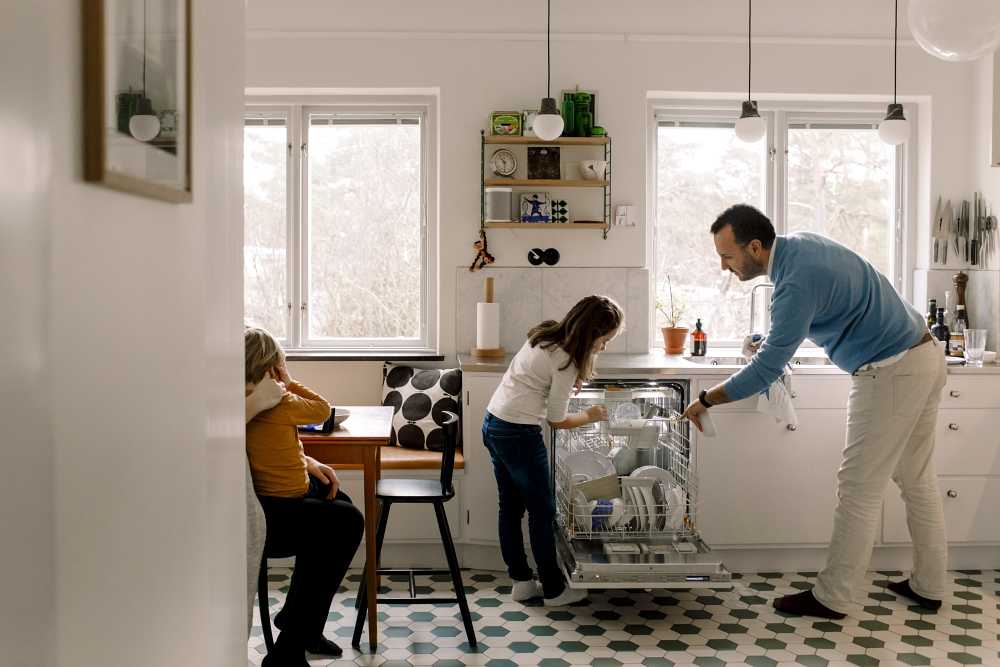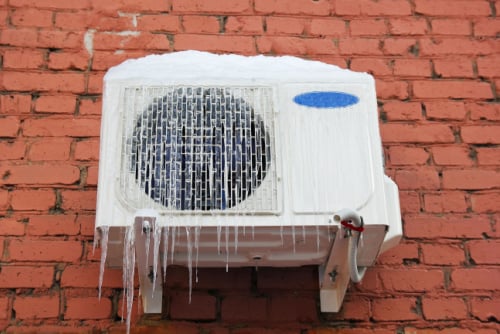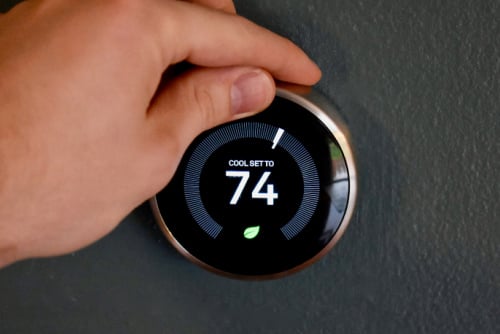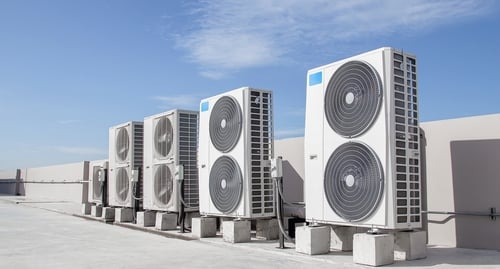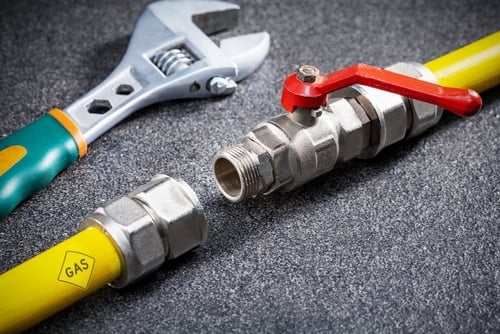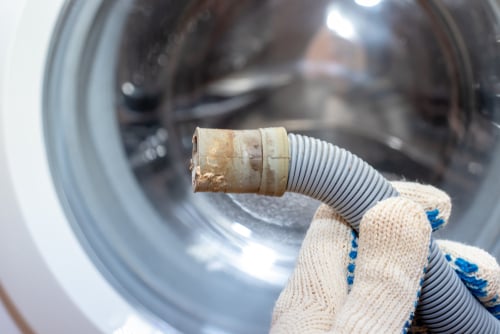If the seal on your refrigerator door will not stay closed, duct tape is not a permanent solution.
You want to make sure your refrigerator and freezer doors remain tightly sealed for many reasons including food safety and energy efficiency. If the seal is not in good working order, then your fridge is likely wasting lots of energy keeping the inside cooled to an optimal temperature. Beyond keeping food fresh, there is also a risk of bacteria building up in food that is not kept at proper temperatures.
Common Culprits
A refrigerator staying open can cause energy loss and spoiled food. Let’s explore what may be the issue:
- First, check the seal, which can degrade over time and need replacement.
- Second, use a level and examine if the fridge is on flat ground. Most fridges can make the fridge level with itself with adjustable leveling legs.
- Then, It’s possible the refrigerator door hinge is loose or otherwise damaged. A loose or damaged door hinge can result in the door either not properly closing or swinging open on its own. You can perform a visual check yourself to determine if the hinges appear loose or damaged. You can tighten or replace them as necessary or choose to call a professional to assist you with the process.
Fridge Door Seals
Fridge door seals, sometimes referred to as refrigerator door gaskets, are the flexible strips of rubber or plastic lining the edge of the door creating a seal when the door is closed. Over time these seals can become worn or damaged.
The lack of a tight seal allows warm air to get into the fridge and cool air to escape. Your fridge, in turn, works harder to maintain its internal temperature which can spike your energy bill and result in spoiled food.

How do I test if my fridge door seal is the problem?
This isn’t too tricky. One method is to place a dollar bill or a piece of paper in the door, partway in and partway out. If you can easily pull it out, then the seal is likely not working at its best capacity. A tight seal will provide at least some resistance.
Easy Fixes for your Fridge Door Seal
Before you run out for a replacement, it’s possible the surface of your fridge door seal simply needs to be cleaned. Cleaning can be done with a range of products including but not limited to dish soap mixed with warm water and a mixture of vinegar and water. Try these simple solutions first before using any heavy-duty products.
There are a few other DIY fridge seal fix options before you turn to a professional. You may be able to fix a faulty fridge door seal using a fridge seal foam strip or silicone gel that can be bought at your local hardware store.
If basic cleaning does not make your fridge door seal stay closed, then you will most likely have to replace the seal. If you’re looking for a temporary quick fix, you may want to try refrigerator gasket repair tape. Remember, this is only a temporary solution. You’ll still need to replace the fridge door seal in the long run.
Common Problems with Refrigerators
Refrigerator door seal issues are by no means the only common issue with refrigerators. There are a number of other common problems with refrigerators that all proactive homeowners will want to be aware of so you can take action as soon as possible.
It should be noted most problems with refrigerators require professional assistance and DIY methods are not appropriate for even temporary fixes.
Temperature Issues
Issues relating to your refrigerator’s temperature have two common culprits. Often, it’s the sign of either a faulty thermostat or else a malfunctioning compressor.
Make Some Noise?
There are many reasons why a refrigerator might be noisy and it’s not simply because it’s an older model.
Common reasons a fridge makes noise include but are not limited to:
- A faulty fan motor
- Clogged condenser fan
- Malfunctioning compressor
- Potentially a part that has come loose
Water Leaks
Water leaks may be caused by:
- A clogged or frozen drain
- A malfunctioning valve
- A Cracked water supply line
Condenser Coils
The condenser coils need to remain clean in order for a refrigerator to run efficiently. When they get dirty, the fridge works harder and can result in both higher electricity bills and an increased likelihood of malfunction or breakdown.
Compressor Issues
The compressor is sometimes referred to as “the heart” of a refrigerator. If the compressor fails, the fridge will not do its primary function properly, which is of course to keep cool inside. Problems with compressors can be caused by many different factors but can often be attributed to a faulty relay or capacitor.
Electrical Problems
If your fridge will not turn on, the light is not working, or the fan is not working, all of these may be the result of a faulty thermostat, a malfunctioning control board, or a damaged power cord. Electrical problems can be a tough fix so you may want to think about calling an Expert.
Reach Out to Frontdoor for Expert Advice

If your DIY tactics have not proven effective, it’s likely time to call the professionals. You may be in need of refrigerator door gasket repair. Video chat with a Frontdoor Expert who can help you troubleshoot the issue and determine best next steps. The app will also send you a list of local, vetted Pros in case you need in-home help to complete the repair.
Frontdoor can provide the information you need to help you make informed decisions for your home. Video chat with an Expert in the Frontdoor app with just a few taps on your smartphone. We are always available to assist with your home repair and maintenance needs, no matter how big or small.
Frontdoor assumes no responsibility, and specifically disclaims all liability, for your use of any and all information contained herein.
Was this article helpful?
